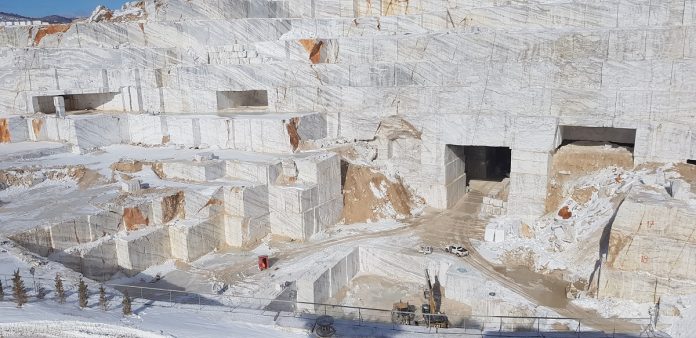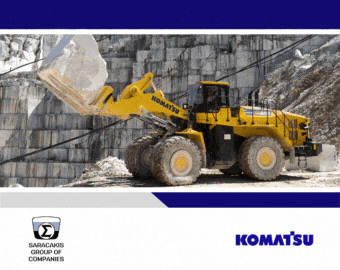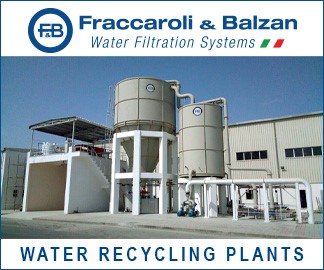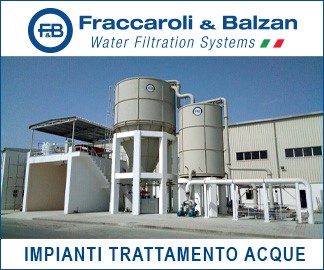A new study by Alpha Bank, part of the “Sectors in Focus” series, highlights the pivotal role of the mining and quarrying sector in Greece’s economic development trajectory. The analysis focuses on the structure, dynamics, and future prospects of the domestic extractive industry, emphasizing the critical need for a transition to sustainable and environmentally responsible practices.
Economic Contribution and Investment Momentum
Despite its relatively low share in gross value added, mining activity in Greece shows a steady upward trend. In 2022, the value of production recorded a significant increase, reflecting strong demand and a rebound from the pandemic-induced downturn. The resurgence of investments in infrastructure, equipment, and extraction operations underlines the sector’s strategic importance, despite the high entry and exit barriers that characterize it.
Production Structure and Export Potential
Greek extractive production is primarily centered on non-metallic minerals—such as limestone, perlite, bentonite, and decorative stones—used extensively in construction. Additionally, metallic ores such as bauxite, nickel, and magnesite, although produced in smaller quantities, contribute notably to the country’s export performance.
In 2023, the total volume of mineral raw materials extracted fell to 73.9 million tons, marking a decline compared to previous years. Nevertheless, Greece maintains a leading position both at the European and global levels, ranking first in the EU-27 in the production of perlite, bentonite, and bauxite, and sustaining a strong presence in international markets.
Environmental Transition and Circular Economy
Sustainable development is at the heart of the sector’s current transformation. According to the study’s data, between 2012 and 2022:
-
Industry waste was reduced by 93%
-
Greenhouse gas emissions decreased by 76%
The shift from lignite to renewable energy sources marks a new policy direction, with 21 lignite mines already decommissioned, and former mining sites being repurposed for green energy projects. At the same time, circular economy practices are being promoted, including the re-mining and recovery of materials from extraction residues.
Challenges and Strategic Directions
The sector faces increasing pressures from global demand for green materials, stricter regulations, and the growing need for innovation. While extraction strategies are evolving, Greece’s domestic production base still holds significant untapped reserves.
Their efficient exploitation requires:
-
Ongoing investments in advanced extraction and environmental protection technologies
-
Development of public-private partnerships
-
Strategic integration of green transition principles into the raw materials supply chain
Conclusions
The extractive industry is a cornerstone of Greece’s industrial output and export capacity. At the same time, its alignment with environmental standards is reshaping the long-term sustainability outlook of the sector. Targeted policy support and intensified investment efforts are expected to define Greece’s position within the emerging European energy and production paradigm.






































